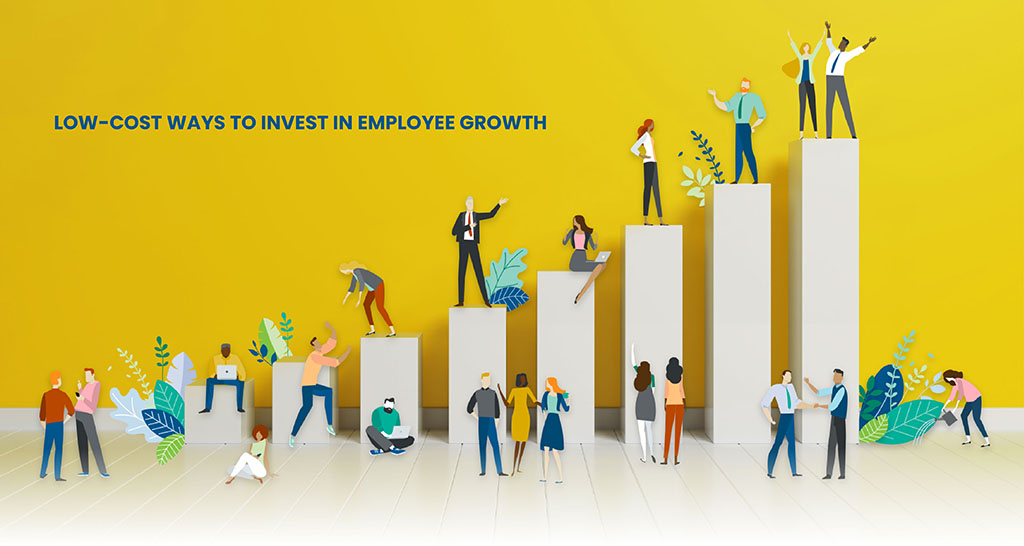Artificial Intelligence (AI) has transitioned from a speculative idea to a fundamental component of our everyday existence, influencing industries and reshaping the workforce. As AI technologies advance, they hold the capacity to significantly affect numerous sectors, presenting both opportunities and challenges for professionals. To maintain a competitive edge, it is crucial to develop AI-related competencies that will safeguard your career in the future. Below are the key AI skills you should prioritize to enhance your marketability in the employment landscape.
- Machine Learning (ML) and Deep Learning
At the foundation of artificial intelligence lies machine learning, a field that employs algorithms enabling computers to learn from data and enhance their performance over time without the need for explicit programming. Machine learning finds applications in numerous industries, such as healthcare, finance, and marketing, facilitating tasks such as predictive analytics, recommendation systems, and image recognition.
Deep learning, which is a branch of machine learning, emphasizes the use of artificial neural networks that replicate the architecture of the human brain. This approach is particularly effective for intricate applications, including natural language processing (NLP) and computer vision. Acquiring the skills to construct, train, and enhance machine learning models and deep neural networks is essential for any career in artificial intelligence. Familiarity with frameworks such as TensorFlow, Keras, and PyTorch will further enable you to gain practical experience with the technologies propelling advancements in AI.
- Data Science and Data Analytics
Artificial intelligence relies heavily on data, making a solid grounding in data science essential for effective engagement with AI technologies. Data scientists are tasked with examining extensive datasets to derive significant insights, develop predictive models, and guide decision-making processes. A comprehensive knowledge of data manipulation, statistical analysis, and data visualization is crucial for individuals involved in AI-related positions.
- Natural Language Processing (NLP)
Natural Language Processing (NLP) empowers machines to comprehend, analyze, and produce human language, making it one of the fastest-evolving domains within artificial intelligence. Its applications span a variety of tools, including chatbots and voice assistants such as Siri and Alexa, as well as translation services and content creation. Acquiring skills in implementing NLP methodologies through libraries like NLTK (Natural Language Toolkit), spaCy, or Hugging Face will position you favorably in the AI landscape.
- AI Ethics and Responsible AI
As artificial intelligence technologies continue to proliferate, the significance of ethical considerations in their development is increasingly recognized. Issues related to ethics in AI, including bias, fairness, privacy, and accountability, are receiving considerable focus from both the public and regulatory authorities.
- Robotic Process Automation (RPA)
Robotic Process Automation (RPA) utilizes artificial intelligence to automate routine tasks and processes, leading to time savings and a decrease in human error. This technology is progressively being adopted across various sectors, including finance, customer service, and supply chain management, to enhance operational efficiency.
Conclusion
The emergence of artificial intelligence has transformed numerous sectors and is persistently altering the landscape of employment worldwide. To maintain your relevance in the job market and safeguard your career against future changes, it is essential to develop a broad range of skills related to AI. This may involve gaining expertise in machine learning algorithms, exploring data science, comprehending natural language processing, or acquiring knowledge in AI ethics. By investing in these competencies now, you will be well-equipped for the AI-centric future. The evolution of work is already upon us, and possessing the appropriate skills will enable you to keep your career robust and flourishing.








